Age is one of the many obsessions in American politics today. It recently appeared when Democrats took over the House in 2018 and had to elect a speaker and a leadership team. The challenge to the incumbents in those jobs didn’t revolve around the ideology or competence of the top three candidates who, added together, were 235 years old. It revolved around age. They survived the challenge to their ages and got re-elected.
Now as we face the presidential election, age has reared its graying head once again. The two frontrunners, former Vice President Joe Biden and Senator Bernie Sanders (D-Vt.) are 76 and 77 years old and some are critical of the “gerontocracy” (a term used by Andrew Ferguson in The Atlantic) that seems to be running the Democratic Party. Nor is it limited to the Democrats. President Trump is 73 and Senate Majority Leader Mitch McConnell is 77 years old—although the House Republican leadership is younger.
There are two ways the age issue impacts politics. One is simple: are people in their seventies and eighties too old to do the job? The second is, will voters think they are too old to do the job and thus make them less electable?
The answer may be found not in the nation’s political pundits but in the nation’s medical research centers. At Northwestern University, Dr. Emily Rogolski, a medical researcher, was interested in figuring out what’s behind Alzheimer’s, a brutal and costly disease of the brain affecting more and more elderly Americans. She decided to turn the research on its head and instead of studying diseased brains, try to understand what makes for a healthy young brain. In the course of this work she discovered the “SuperAgers,”
“an elite group of elderly people age 80 and older whose memories are as sharp as people 20 to 30 years younger. And on 3-D MRI scans, the SuperAger participants’ brains appear as young—and one brain region was even bigger—than the brains of the middle-aged participants.”
SuperAgers’ brains had remarkably thick outer cortexes—the area of the brain reserved for memory, attention and other thinking abilities. In most people this area of the brain shrinks with age but the SuperAgers had outer cortexes similar to people in their 50s. At Massachusetts General Hospital Dr. Bradford Dickerson and Dr. Lisa Feldman Barrett have been running a program called the Frontotemporal Disorders Unit. Like the researchers at Northwestern these scientists found that the SuperAgers had no shrinkage in the size of the brain networks correlated with memory ability.
Of course, medical researchers are keen to figure out the secret of the SuperAgers and there are a variety of evolving theories. Chief among them is the one that comes up in response to almost every problem in life, from depression to weight to cancer—exercise. We should all get more and it should be the intense kind, the kind that substantially increases rates of oxygen consumption. Other theories abound as well; healthy aging involves continuing social contact, interest in problem solving, learning new things, and optimism. SuperAgers are rarely smokers or alcoholics or drug addicts. In other words, researchers are pretty far away from figuring out how to make all of us into SuperAgers. But the one thing the researchers have discovered is that some very elderly people don’t think and don’t act like old folks.
So, getting back to politics—is it possible that some or all of the elderly politicians around would qualify as SuperAgers? We’ll never know for sure unless, of course, they submit themselves to the brain scanning technologies at laboratories at Northwestern University or Massachusetts General. Yet the scientific evidence of the very existence of SuperAgers is likely to help out older candidates.
But will other voters think these folks are too old and vote against them, SuperAger or not? The old-age argument failed when it was used in the House leadership race. Nor did it seem to impact the 2016 Democratic primaries where younger voters rallied behind Sanders, a man old enough to be their grandfather. Some early 2020 polls show that young people still like Sanders. He gets more support from those under 50 years old than from those over 50 years old, while older voters tend to be for Biden. Young people definitely don’t like President Trump; his approval ratings among the youngest voters are consistently the worst. But his unpopularity with this group is rarely attributed to age and most likely has more to do with this attitudes towards race and women, and issue positions that tend to diverge from the consistently more liberal younger voters.
In the end, age will matter if the voters see it. Among those in the last decades of life, there is enormous variation; some sit numbly in nursing homes and others run marathons. President Ronald Reagan was, until Donald Trump, the oldest American president. When he ran for re-election in 1984 against former Vice President Walter Mondale, he had a very bad few minutes in his first debate when he seemed lost, confused and incoherent. Everyone noticed and his huge lead over Mondale began to slip. But by the next debate he was back in form and answered the question about his age with the following famous quip: “I will not make age an issue of this campaign. I am not going to exploit, for political purposes, my opponent’s youth and inexperience.”
The old guy won. Big time.
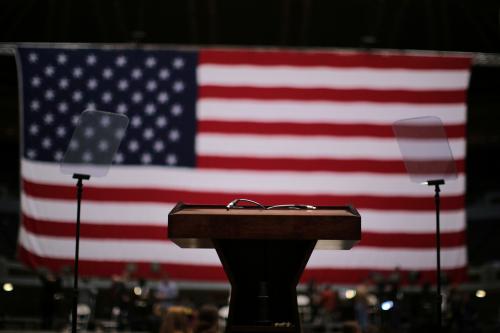
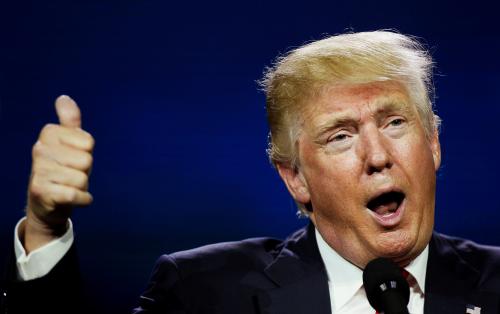
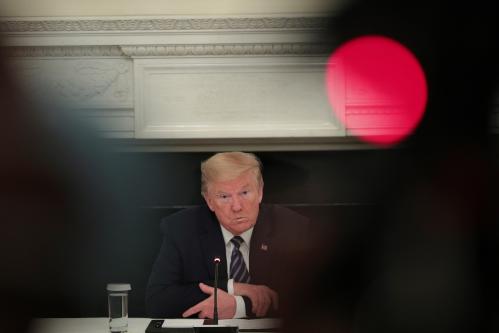
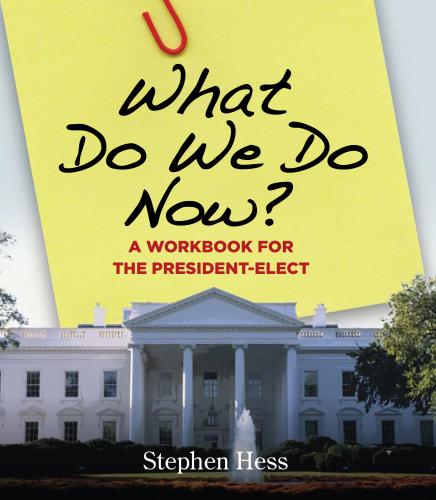
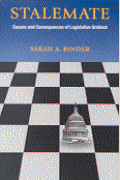
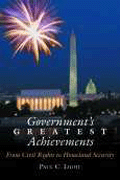




Commentary
Millennials, SuperAgers and the 2020 race for president
June 18, 2019